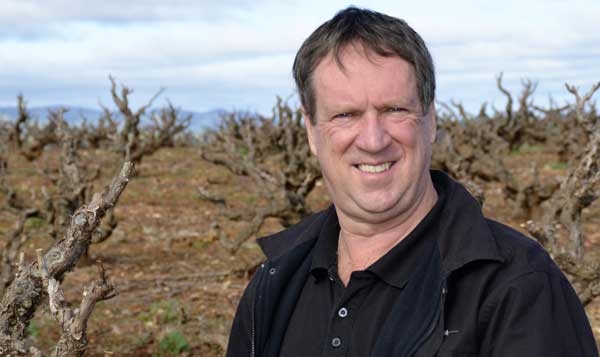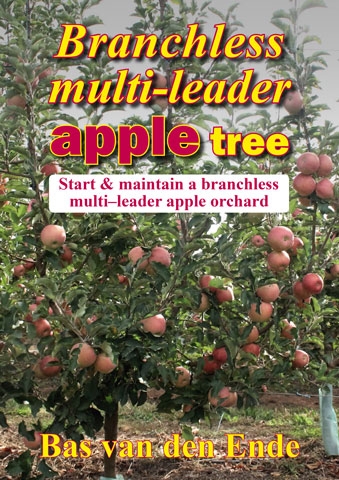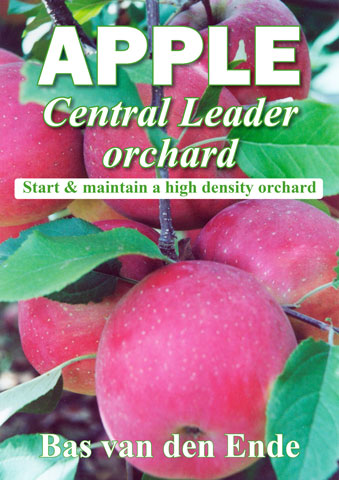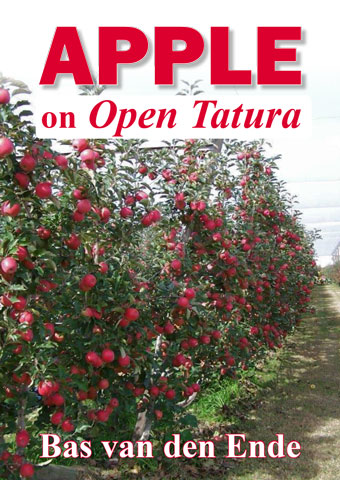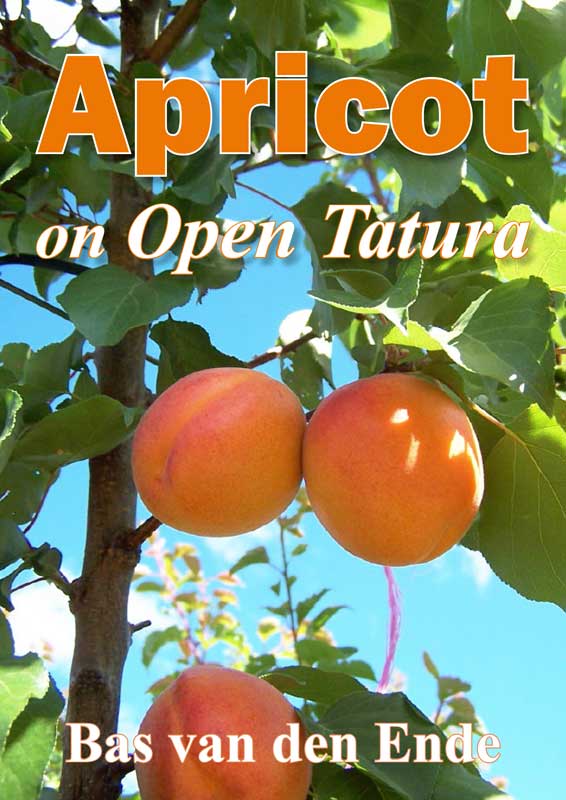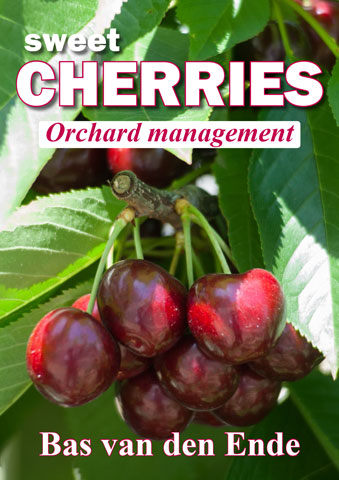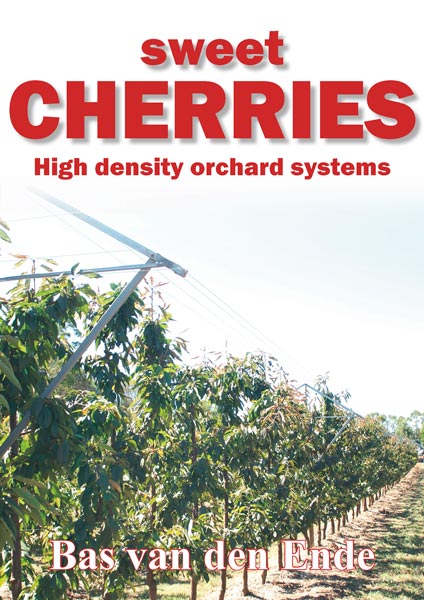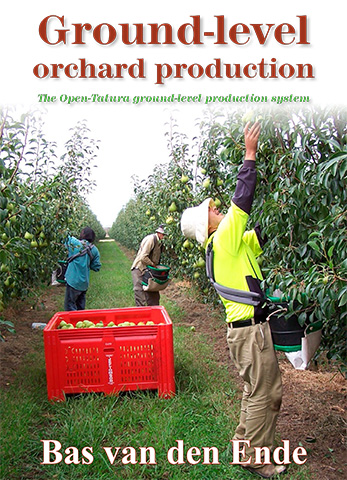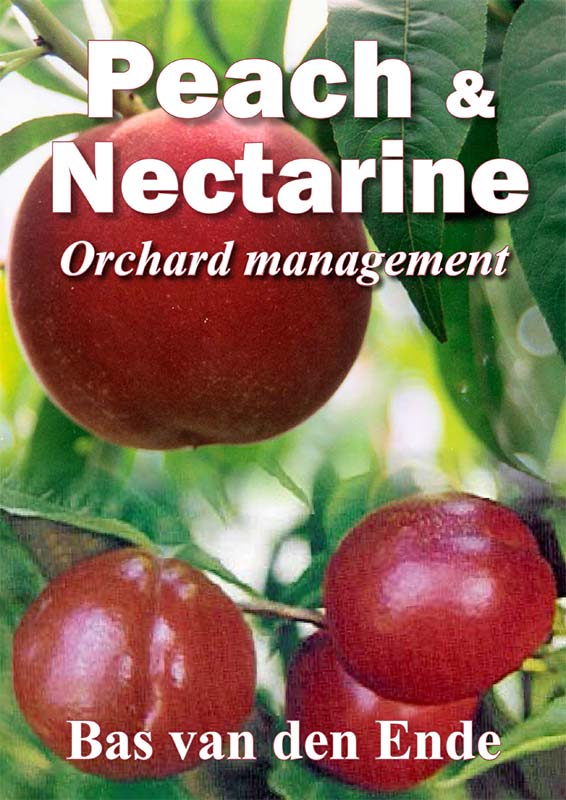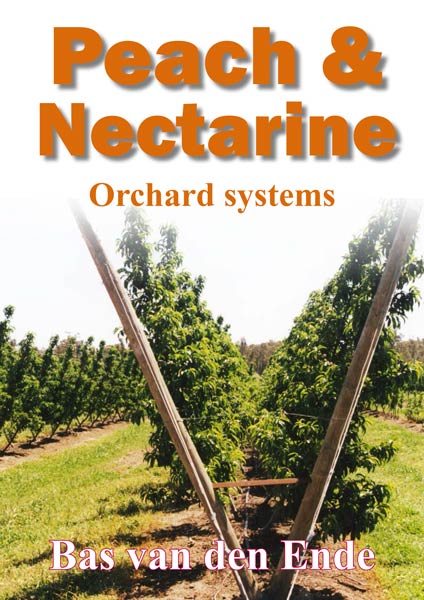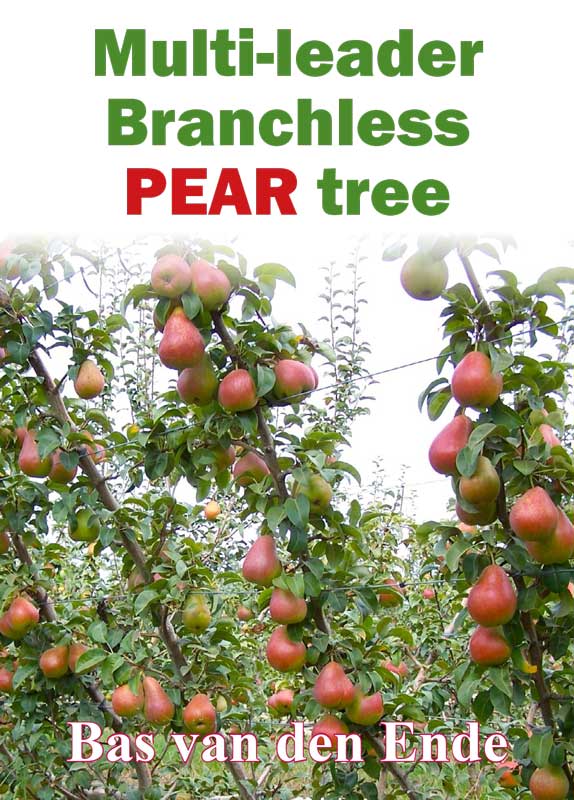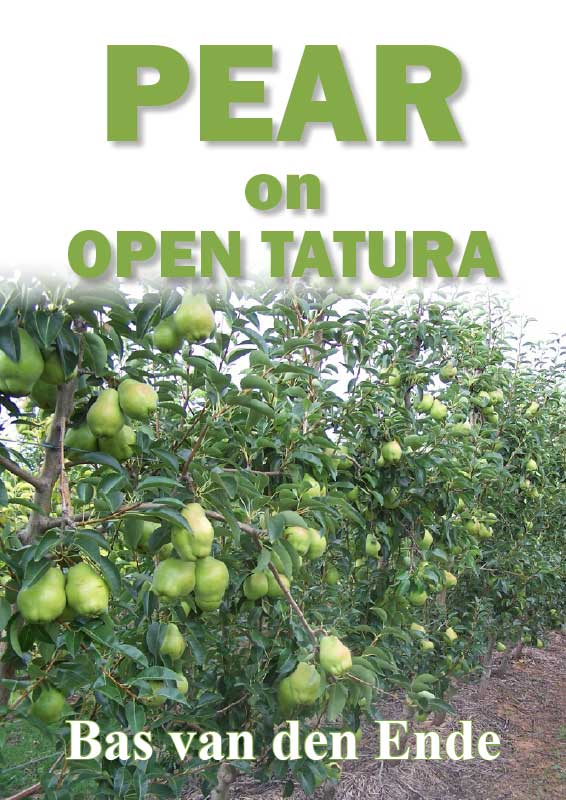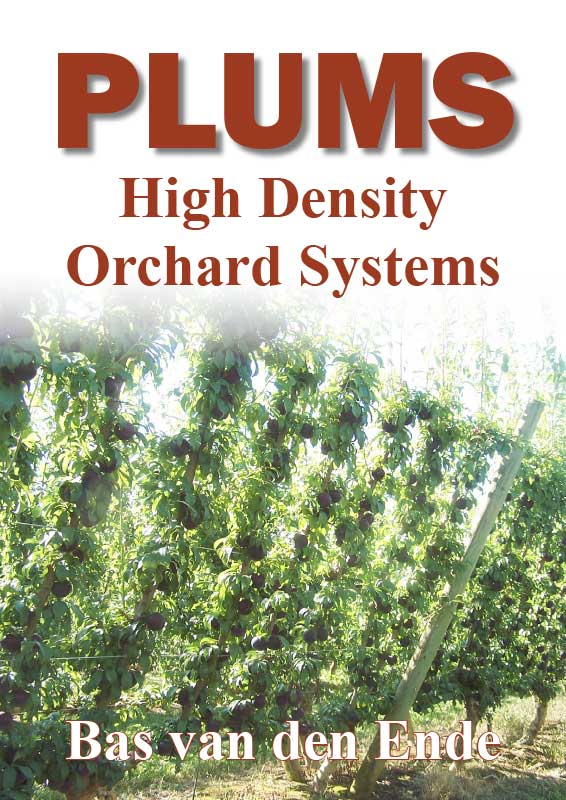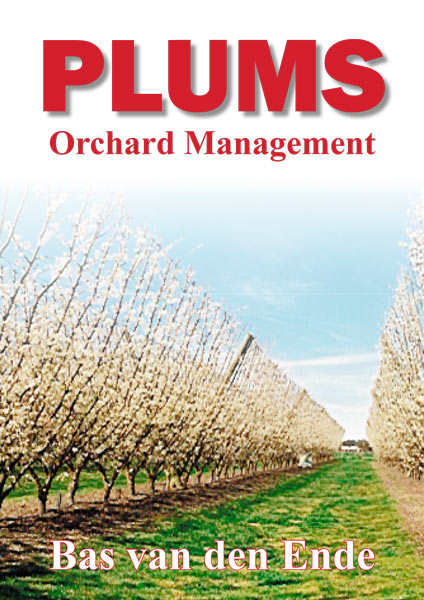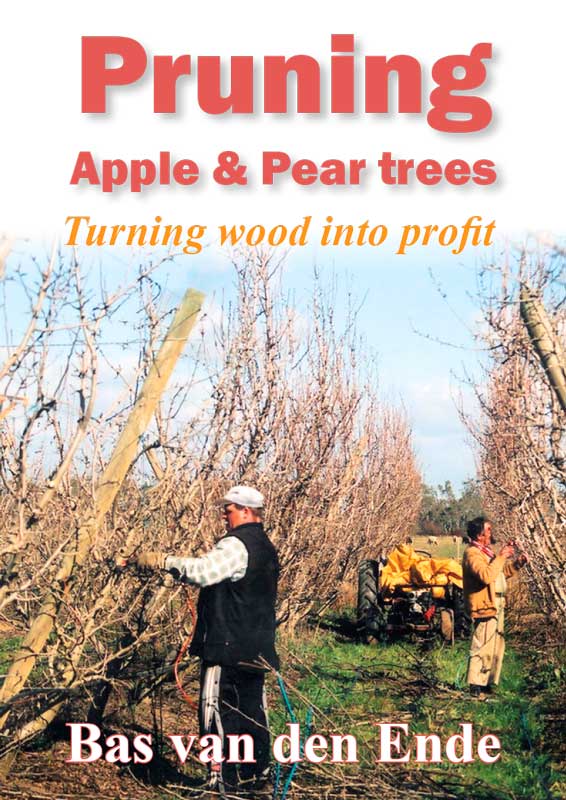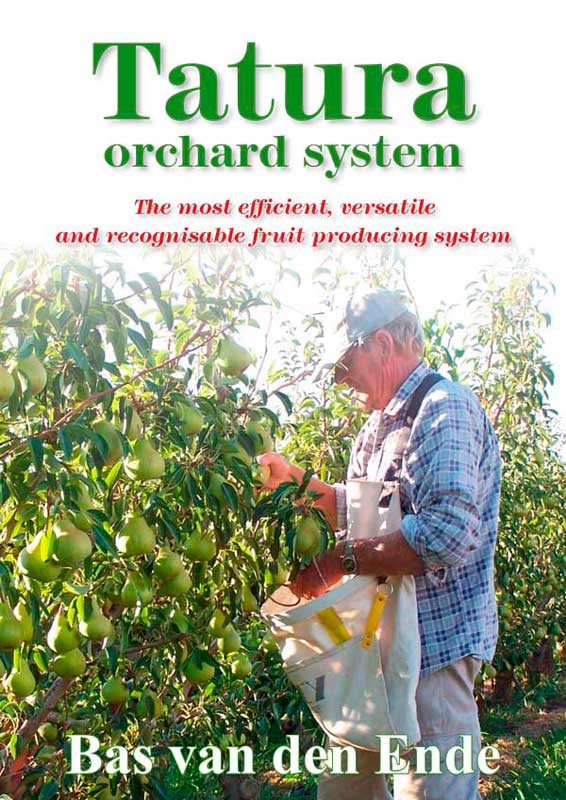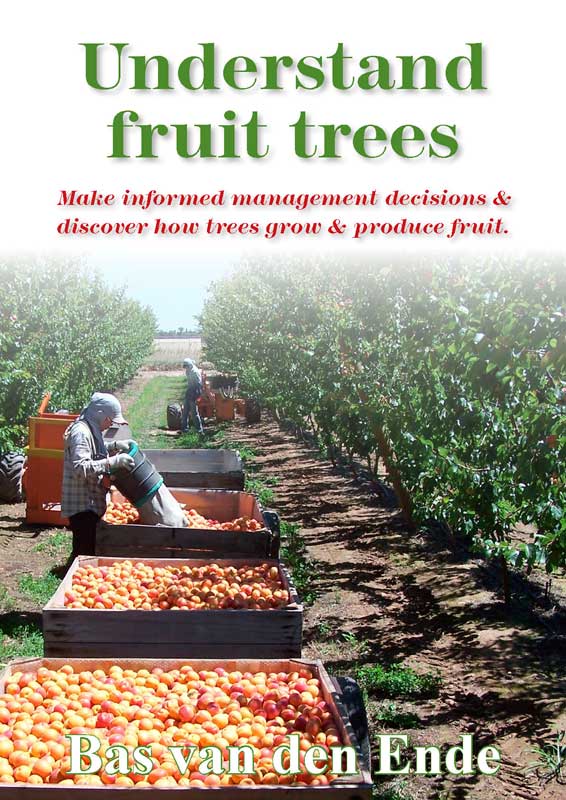It’s back to the future in orchard weed control this season as growers return to residual herbicides to control weeds.
Graeme Hardwick, AgNova Technologies’ area manager for South Australia, Sunraysia and Western Australia, is seeing tree crop growers switching back to residual herbicides to save time and money and avoid problems with resistance to glyphosate.
He said when tree crop growers relied on glyphosate, it could be needed up to five times a season and some growers were already starting to see tolerance to the herbicide in key weeds.
“Now’s the time to switch to a longer lasting alternative like Zoliar DF or Sinbar to manage the development of weed resistance and benefit from season long protection,” he said.
“One application of Zoliar or Sinbar on clean soil gives season long control over a wide range of grass and broadleaf weeds, saving time on the tractor, fuel and wear and tear.”
Zoliar (norflurazon)
Zoliar (norflurazon) can provide long-term effective weed control under citrus, pome fruit, stone fruit and almond trees, as well as grapevines. It is a Group F herbicide.
Mr Hardwick said Zoliar was used Australia wide across a range of soil types and crops giving excellent season long weed control.
“Zoliar controls more problem broadleaf weeds and grasses than any other pre-emergent herbicide available in Australia and we are still working to update the label to include even more weeds,” he said.
For example, he said AgNova’s initial investigations are showing that Zoliar may be effective on Rhodes feathertop grass.
AgNova is also looking at the potential for extending the use of Zoliar into new crop types.
Mr Hardwick said spring was one of the best times of year to apply Zoliar.
Trees should be 18 months old before Zoliar is applied. It must be applied with a boom spray that is correctly calibrated and in optimal condition for even coverage.
Zoliar will start to work when it has been incorporated into the soil with 10 mm of rainfall or irrigation. Because of its low volatility and good photostability, this can be delayed for up to 21 days.
“There’s not much Zoliar can’t handle in Australian tree crops and it’s a proven, reliable formulation that growers have used for many years,” he said.
Sinbar (terbacil)
Another long-standing success in weed control, Sinbar, is popular with peach and pome fruit growers in the eastern States.
Sinbar (terbacil) is a wettable powder that gives growers a safe and easy way to control weeds under their trees for the summer. It is a Group C herbicide.
It can be used to control annual weeds in trees over three years old and perennial weeds such as couch grass, kikuyu, Johnson grass and nutgrass in apple and peach trees over eight years old.
Some label restrictions apply by crop and by State, with Sinbar not available in Western Australia.
“Sinbar has some great advice on the label with different rates depending on soil type,” he said.
“It is ideal for orchards on heavier soils with higher clay content or higher organic matter.”
Final advice
Mr Hardwick had some final advice for growers as they begin to tackle weeds this spring.
“Whichever product you choose, always follow the label for the best advice on application and rates and ensure good coverage so that the job is done once and done well.”
For more information phone 03 9899 8100
email
web www.agnova.com.au
See this article in Tree Fruit Oct 2016
